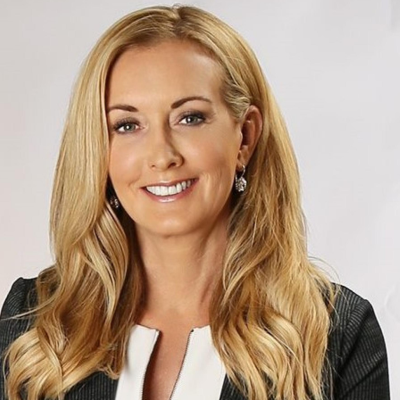Citing “catastrophic climate effects,” Maine joins in litigation against oil companies
By Dana Drugmand
Maine on Tuesday became the latest government entity to bring legal claims against several major oil and gas companies, alleging the companies and their chief trade association, the American Petroleum Institute, have deliberately misled the public about the climate consequences of burning fossil fuels.
Maine is the ninth US state to take legal action against the industry over climate concerns, joining other states that include New Jersey and California in similar lawsuits. In all, more than two dozen climate deception lawsuits have been brought against fossil fuel companies by cities, counties, states, and Tribal governments over the last seven years.
“For decades, big oil companies have made record profits, taking billions out of the pockets of Maine people while deliberately deceiving them about the harmful impacts of fossil fuels – impacts that Maine people see and feel every day,” Maine Governor Janet Mills said in a statement.
The lawsuit details the costly climate change impacts the state is already experiencing, such as more frequent flooding and warming ocean waters. These impacts have become more costly and severe, according to the state, due to the “successful climate deception campaign” orchestrated by the industry as a strategy to delay the transition away from their products and protect their profits.
“Defendants have known for more than 50 years that [greenhouse gas] pollution from fossil fuel products would have significant adverse impacts on the Earth’s climate and sea levels,” the state’s complaint argues. But instead of warning the public about these risks, the oil companies denied and downplayed them while distorting the public understanding of climate science and promoting increased use of oil and gas, the state contends. In more recent years, oil companies have shifted from outright climate denial to more subtle forms of deception through greenwashing, according to the complaint.
The complaint specifically ties the actions of the fossil fuel industry to harmful sea levels changes, stating: “Sea levels in the Gulf of Maine are rising at rates unprecedented in the history of human civilization because of climate change. Sea level rise, astronomical tides, and storm surge are already flooding coastal Maine communities, property, and infrastructure. And this threat grows every day as global warming reaches ever more dangerous levels and sea level rise accelerates. The current amount of sea level rise caused by Defendants’ tortious and deceptive conduct is an irreversible condition on any relevant time scale: It will last hundreds or even thousands of years. “
Defendants include BP, Chevron, ExxonMobil, and Shell.
When asked to comment, ExxonMobil issued a statement calling the claims “baseless.”
“Well over half of the households in Maine use petroleum products for home heating – a larger share than any other state. These baseless claims ignore the state’s historic dependence on oil and natural gas, do nothing to address the risks of climate change and waste taxpayer dollars,” the company said. “We’ll continue to fight these lawsuits and false claims and, more importantly, continue to be a leader in the energy transition by investing more than $20 billion in lower-emission initiatives from 2022 through 2027. On an annual basis, these investments equal roughly one-third of the EPA’s yearly budget.”
The other defendants did not respond to requests for comment or declined to comment.
The American Petroleum Institute states on its website that it and its members are committed to “delivering solutions that reduce the risks of climate change while meeting society’s growing energy needs.” The institute says the industry supports global action that “drives greenhouse gas emissions reductions and economic development.”
Maine’s lawsuit alleges seven violations under state law, including nuisance, trespass, negligence, failure to warn, and violations under the Maine Unfair Trade Practices Act. The state is seeking to make the companies help pay for the costs of past and future climate change harms, and seeks relief in the form of monetary damages, disgorgement of profits, and an end to the alleged deceptive behavior.
“This case is fundamentally about shifting the costs of climate change-related harms back onto the entities whose deception caused and exacerbated them,” the state’s complaint states, emphasizing that it does not aim to hold defendants liable for their direct greenhouse gas emissions or to restrict their lawful business operations.
“For over half a century, these companies chose to fuel profits instead of following their science to prevent what are now likely irreversible, catastrophic climate effects,” Maine Attorney General Aaron Frey said in a statement. “In so doing, they burdened the State and our citizens with the consequences of their greed and deception.”




